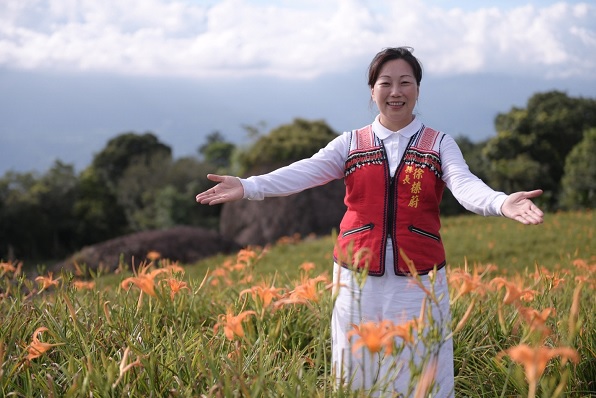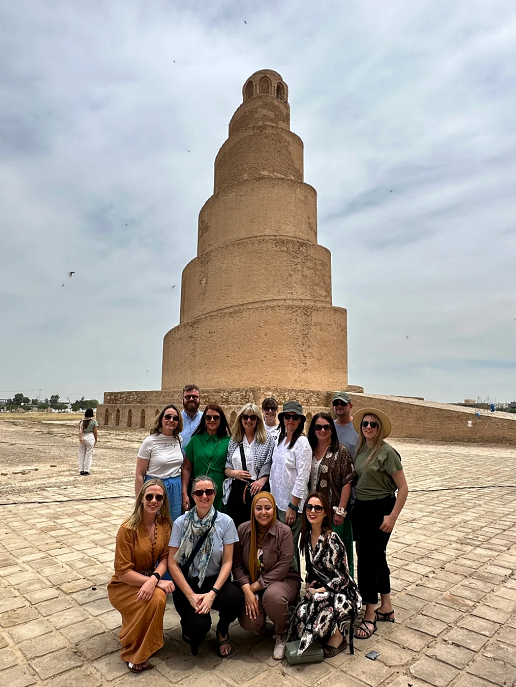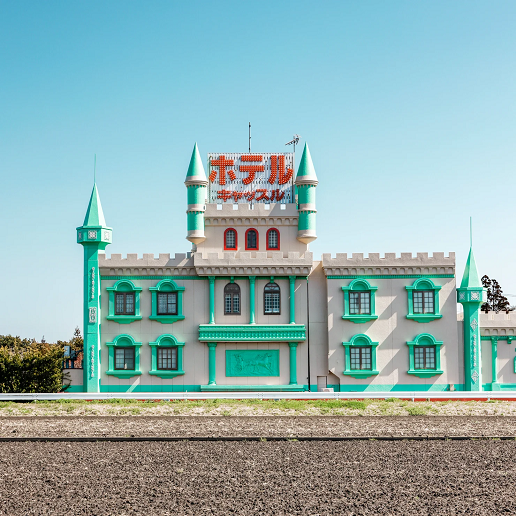By The China Post, Taiwan/ Taiwan Immigrants' Global News Network
According to the China Post, in Hualien County (花蓮縣) and all over Taiwan, lovers of small-town countryside life are eagerly awaiting the judges’ final decision in the 2020/2021 Gold Medal Rural Village Competition (金牌農村競賽), only the second such competition in Taiwan’s history.
The first round of the competition took place last year at the 22 county, special municipality, and city divisions of Taiwan, and included 35 of Hualien County’s villages and communities.
Two were selected to advance to the national round: Chike Mountain Community (赤科山社區) and Fengshan Community (豐山社區).
Recently, at the conclusion of the first stage of the national round, Chike Mountain Community was chosen to be Hualien County’s lone representative in the second – and final – stage.
Read More: How to collect your free vouchers at convenience store near you
Chike (sometimes spelled “Chico”) Mountain Community lies on a plateau about 900 meters altitude, on the West side of the Coastal Mountain Range (海岸山脈), in Yuli Township, (玉里鎮), Guanyin Village (觀音里).
It is easily accessible from County Route 193 in the East Rift Valley (花東縱谷), by way of Chike Mountain Industrial Road (赤科山產業道路); and from Yuli Train Station (玉里火車站).
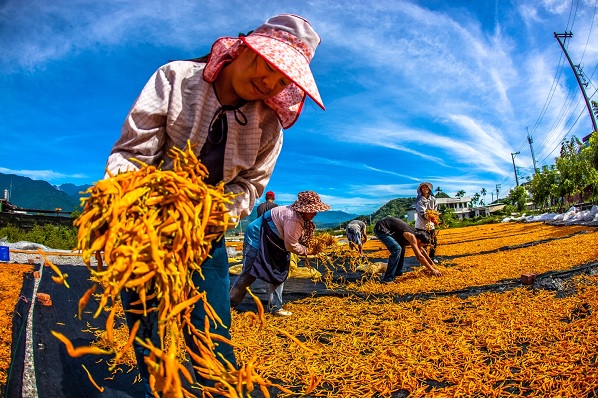
Drying Orange Daylily (Photo courtesy of the 黃俊樺)
The community occupies 3 square kilometers of land and is famous for its spectacular scenes of orange daylily flowers (金針花), which bloom and blanket the landscape every summer in August and September.
The flowers, rolling hills, pristine surrounding wilderness, and careful, intimate development of the land have earned the community the nickname “Little Switzerland”, and a reputation as one of the most stunning scenic areas in all of Taiwan.
Chike Mountain Community has a fascinating and complex history.
Before the Japanese Colonial Era, the area was used for hunting, and for travel between the East Rift Valley and the East Coast of Taiwan, by the Amis (阿美) and Bunun (布農) aboriginal people.
Ancient trails still exist, including one leading from the community through the mountains and down to the East Coast village of Zhangyuan in Taitung (台東) County.
In the first decades of the 20th century the Japanese colonizers arrived, and discovered the tough wood of the local trees – which they named “chike trees” – was perfect for rifle stocks.
They claimed control of the area, and established logging and manufacturing operations. After the expulsion of the Japanese from Taiwan, the land was abandoned.
Then in the late 1950s, a drought in Chiayi County in Western Taiwan compelled farmers to migrate eastward. Some heard about a plateau not too far up in the mountains, overgrown with weeds but with good soil, and decided to make it their home.
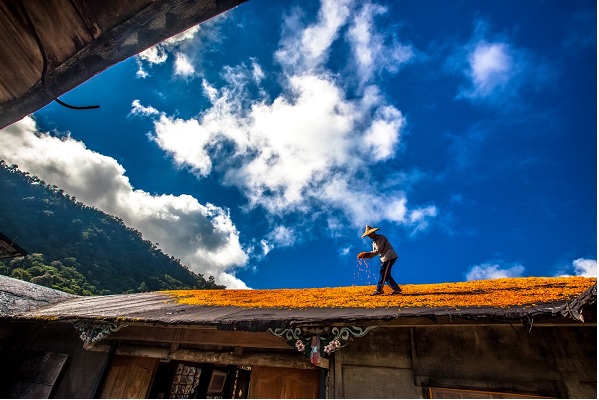
Golden roof (黃金屋頂) Photo courtesy of 黃榮群
Many of Chike Mountain Community’s current population of 150 residents are descendants of those transplanted Chiayi farmers.
One of the community’s treasures is Wang House (汪家古厝), a traditional-style “siheyuan” (四合院) ranch house originally built in 1959, where visitors can see what kinds of rooms the settlers slept in, what tools they used to build, how they transported supplies up the mountain, and other facets of life in that era.
Another attraction with roots in 1959 is Chike Farm (赤科農場). Three generations of the Chen family (陳家) have lived and worked here, developing the land in a variety of ways: planting the first generations of daylilies in the 1960s and 70s; then adding tea leaves in the 1990s.
Since 2000 running a well-reviewed bed-and-breakfast, with dining service featuring locally grown organic produce and delicious traditional recipes, and various teas available for purchase.
Chike Mountain Community’s profile has been growing steadily in recent years. In addition to its success in bringing back former residents, it also has proven attractive to foreigners.
Since 2019 Andreas Wiesener (張安德), a German man and award-winning beer brewer, lives full-time in Chike Mountain Community.
He and his Taiwanese wife Sihua Chen (陳思樺) renovated an old rundown property, and transformed it into TheGreenFarm (綠點農場), also offering a restaurant and outdoor campground accommodation.
Overall, a total of 23 small farm businesses currently offer visitors a variety of services including overnight accommodation, dining, and sight-seeing tours.
Some, including Yifeng Farm (沂峰生態農莊) offer tea-making, food-making, and arts-and-crafts activities using locally-grown ingredients and materials.
In addition to daylily flowers, these small farms grow and process a variety of other crops including tea leaves, coffee, roselle, ginger, sugarcane, peanuts, and persimmons.
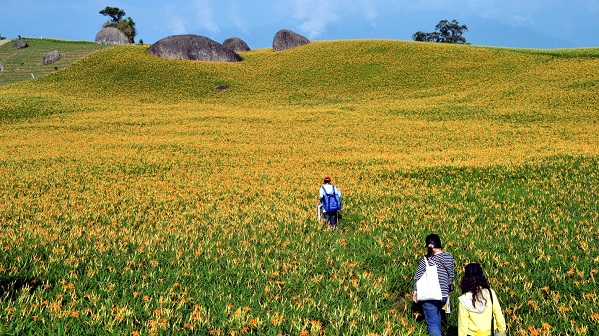
Photo courtesy of 赤科山社區
Chike Mountain Community’s achievement in this year’s Gold Medal Rural Village Competition is a reflection of its natural beauty, its excellent leadership and organization, and the hard work and pride of its residents.
Taiwan’s Gold Medal Rural Village Competition was originally modeled after a similar competition in Germany, and Taiwan’s government officials and local village development association representatives have received inspiration from visits to Germany’s rural communities.
Some of Taiwan’s villages have even established “sister city” relationships with German villages.
The competition showcases the successes of the Taiwan Government’s ongoing Rural Revival Project (農村再生計畫).
The project, overseen by the Executive Yuan’s Council of Agriculture, provides funding to countryside towns and villages.
Its goals include: helping them develop sustainable business models in a changing economy; creating job opportunities for former residents who wish to move back and young people who wish to stay; generating activity and care for elderly residents, and developing environmentally harmonious tourism.
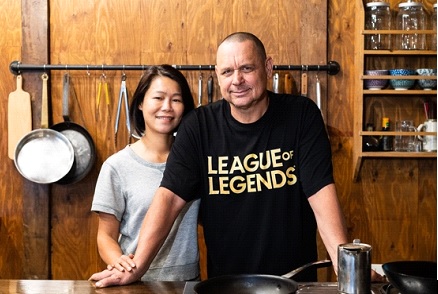
Photo courtesy of the Hualien County Government
Authorization of this article from【The China Post】

